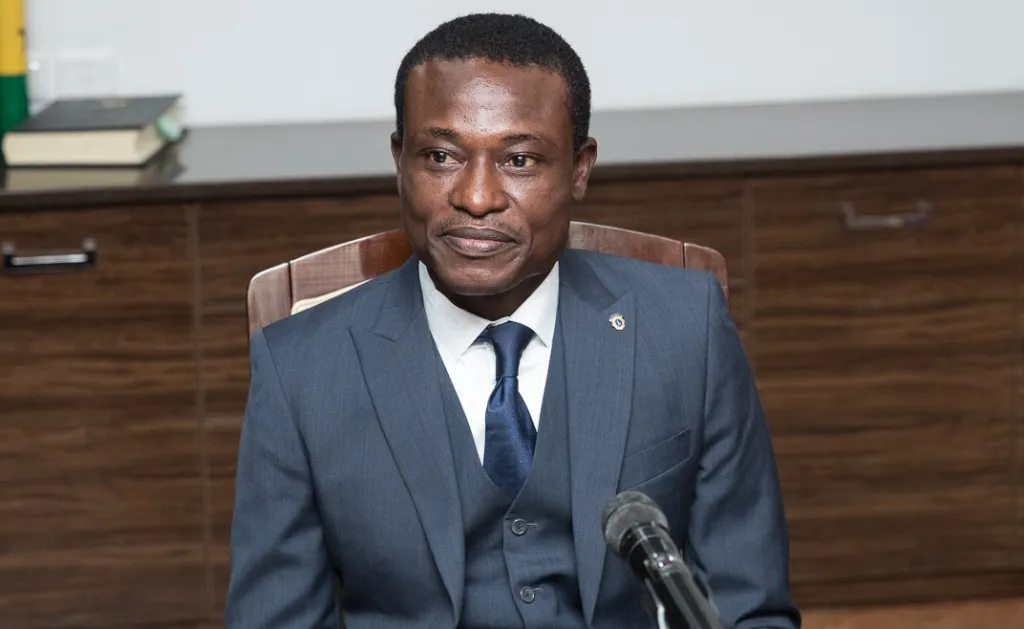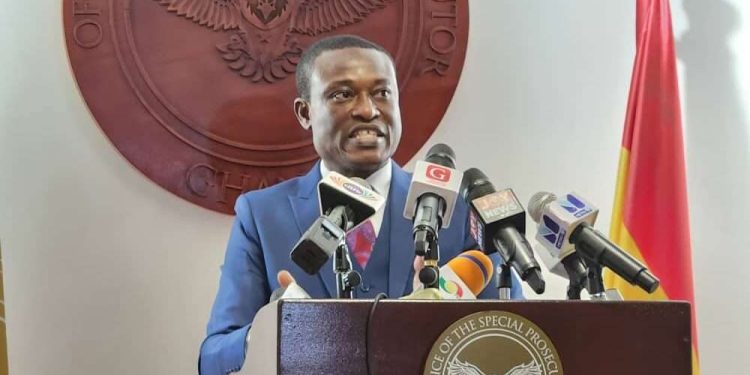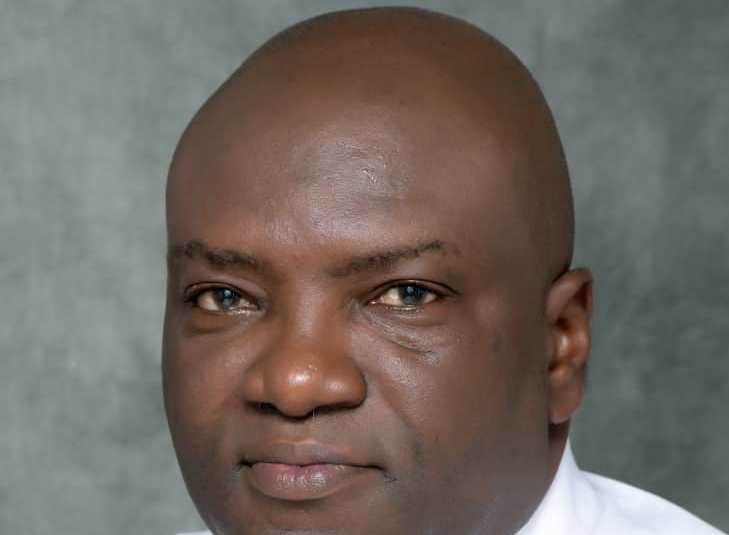Court dismisses OSP’s objection not to provide Cecilia Dapaah and husband’s information to accused
The High Court in Accra has dismissed a preliminary legal objection raised by the Office of the Special Prosecutor (OSP) against the request by Patience Botwe to provide her with information obtained from former Sanitation Minister Cecilia Abena Dapaah and her husband. This was after the Court presided over by Justice Marie-Louise Simmons, held that […]




